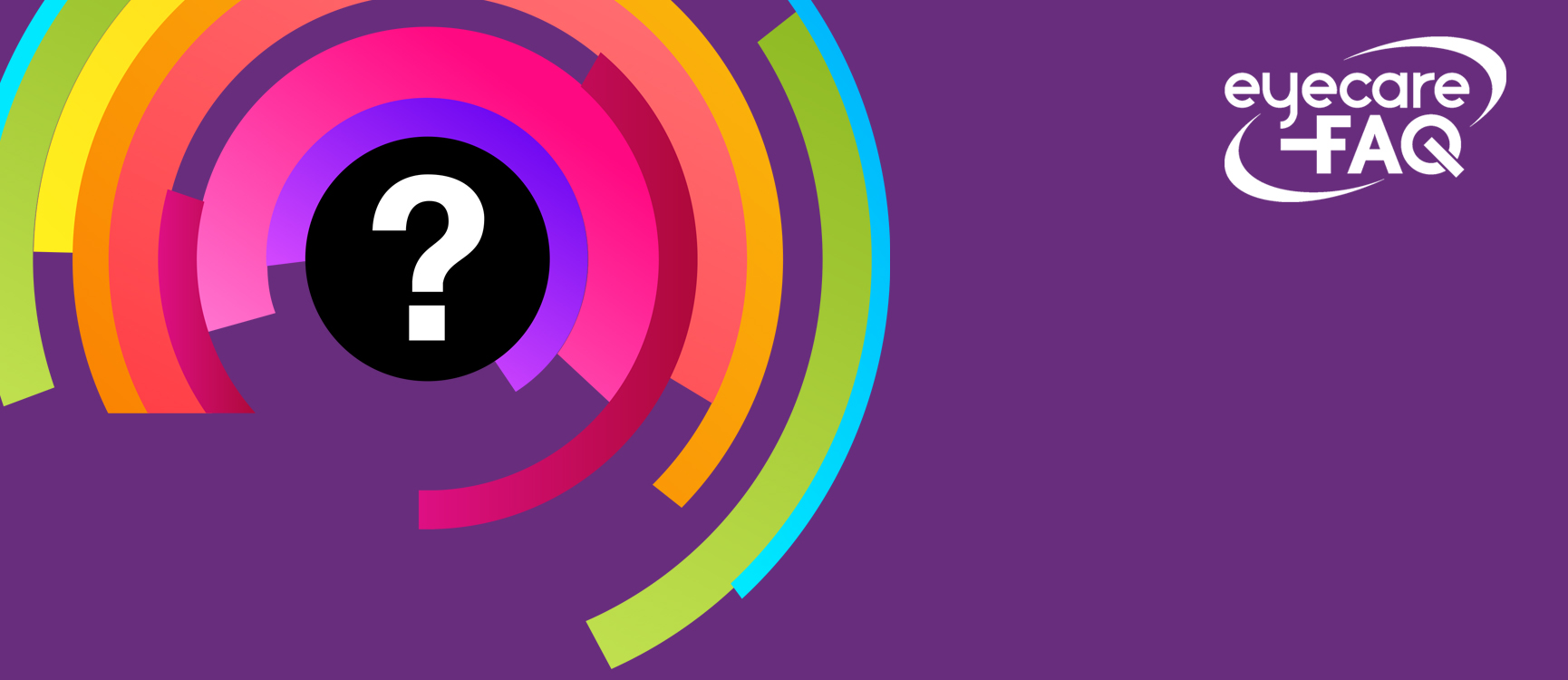What is Thyroid Eye Disease?
Thyroid eye disease (TED) is an eye condition that causes the muscles and soft tissues in and around your eye socket to become inflamed and swell. This can cause the eyes to be pushed forward causing them to look like they are ‘bulging’, this is called exophthalmos.
The period of inflammation and swelling caused by TED is known as the “active” stage. This generally resolves on its own over a period of about six months to two years. After this, the inflammation settles, and this is known as the “inactive” or “burnt out” stage.
What causes exophthalmos?
One of the main causes of exophthalmos in the UK is thyroid eye disease, also known as Graves’ ophthalmopathy.
This is an autoimmune condition that affects around one in every three people with an overactive thyroid gland (hyperthyroidism) caused by Graves’ disease. It’s particularly common in women aged 30-50 and people who smoke.
What are the symptoms of TED?
The symptoms of Thyroid Eye Disease are:
- Dry eye (watering eyes, grittiness)
- Swollen eyelids
- Sore eyelids
- Sensitivity to bright lights
- Bulging of the eye (exophthalmos)
- Blurred or double vision
- Sore eye sockets
- Difficulty in moving your eyes.
If you have any of these symptoms or notice a change in your eyes/eyesight, please make an appointment at your local optician’s straight way.
What is the treatment for TED?
The swelling caused by TED can often improve once the active stage has passed, meaning there can be some improvement in the appearance of your eyes. You may be left with permanent damage to your eyes, which can be cosmetic or leave you with double vision. Corrective surgery may be carried out to improve the appearance of your eyes once the inflammation is under control.
How can I relieve the symptoms whilst in the ‘active’ stage of TED?
Here are some things you can do to help relieve symptoms:
- Control your thyroid hormone levels, to help manage your thyroid condition.
- Sleep propped up on extra pillows to help reduce the puffiness and congestion around your eyes in the morning.
- Use artificial tear eye drops to help with symptoms of dry eye.
- Stop smoking
- Take selenium supplements
- Wear sunglasses if you find that bright lights are uncomfortable.
What can I do to decrease my chances of getting TED?
About a quarter of people with Graves’ disease develop TED either before, during, or after their thyroid disorder is diagnosed. In most cases the eye disease is mild
If you have Graves’, ensure you keep control of your thyroid levels by taking your prescription medication. If you are a smoker, consider giving up as your chance of developing TED is eight times higher than a non-smoker.

